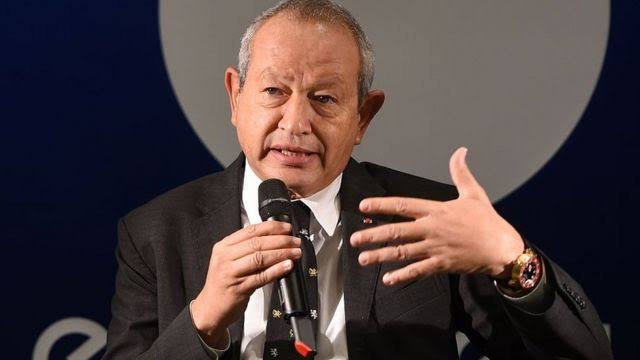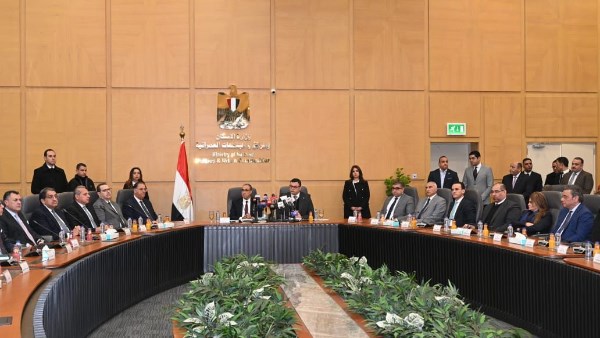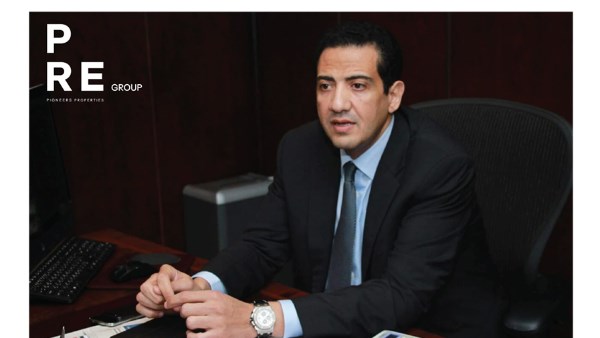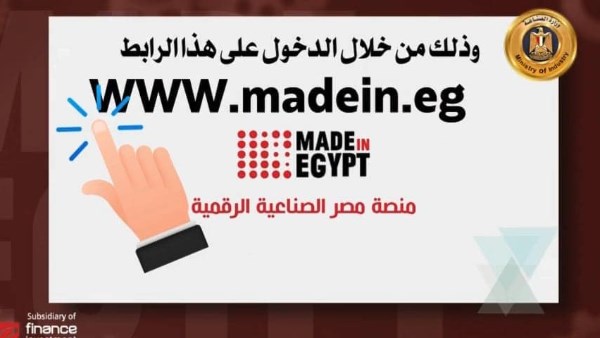International bodies are pressing the UAE to do more
Financiers With Dubious Links to Gulf Royals Cloud $1 Trillion Market

Alex Georges Tannous came across as a man with many of the trappings that might be associated with Emirati royalty: a Rolodex full of rich friends, a lavish villa in Dubai and a diplomatic passport to boot.
But US federal prosecutors say that was all a mirage.
The Lebanese national, who pitched himself to Texas small-business owners as a Dubai prince, was running a complex financial fraud. He pleaded guilty to one count, was asked to pay back $2.2 million to his victims and sentenced to time in prison.
The successful prosecution by the US Department of Justice late last year shed light on an issue confronting investors looking to raise cash from the wealthy Gulf petrostates: How to navigate a landscape littered with people touting sometimes tenuous ties to royalty.
For instance, one dealmaker recently claimed to represent the family office of a little-known Emirati princess. Another said he would start a multi-million dollar family office in Hong Kong, touting his relationship to the ruler of Dubai. A third presented himself as a powerful sheikh’s adviser who could help foreign investors secure exclusive access to the country’s fledgling casino industry.
The biographies were different, though the implication the same: Wealth beyond imagination and access to a more than $1 trillion family office market.
But in those cases the vaunted royal ties were distant at best, the biographies exaggerated, the money a specter. The first financier had lied about past work on Wall Street; the second was, in fact, a minor pop singer; the third, a small-time shipping executive active in the Somalian market. It’s not clear if any of them faced actions from local authorities.
“In the last few years there have appeared – particularly in the UAE – a number of private offices that seem to represent sheikhs who have almost no substance at all,” said Michael Field, a British author and consultant on Emirati family lineage.
Such selective self-representation falls in a legal gray area. As in other jurisdictions, United Arab Emirates rules prohibit the marketing of goods or services in a way that deceives or confuses consumers, and the Cybercrimes Law forbids misleading online advertising.
International bodies are pressing the UAE to do more. The Financial Action Task Force issued a long list of recommendations to improve oversight, while the European Commission has yet to remove the Gulf state from its “black list” of countries with strategic deficiencies in combating dirty money. At the same time, other financial hubs, like Singapore, are touting their own safeguards as a way to attract and reassure the world’s wealthiest investors.
Representatives for the UAE Ministry of Foreign Affairs referred questions to the Financial Intelligence Unit and the Dubai Media Office. Neither responded to multiple requests for comment.
Minimal Regulation
The UAE only recently persuaded the FATF that it had tightened regulations and oversight enough to be taken off the “gray list” of countries at high risk for financial crimes. An exit from the EC’s black list depends, in part, on recommendations from the Paris-based FATF.
The FATF typically evaluates countries on a list of 40 items — including customer due diligence, politically exposed persons and ownership transparency that have direct relevance to royal private offices. The UAE’s next evaluation begins this year, and officials are keen to avoid the fate of Panama, which was removed from the gray list in 2016 only to get demoted again three years later, Bloomberg previously reported.
For the UAE, the recent cases have also cast a shadow over the reputable family office scene, which includes National Security Adviser Sheikh Tahnoon bin Zayed Al Nahyan’s Royal Group, President Sheikh Mohamed bin Zayed Al Nahyan’s AC Limited and their mother Sheikha Fatima bint Mubarak Al Ketbi’s Abu Dhabi Capital Group.
While some of the biggest names on Wall Street have cultivated close relationships with royals who control most of the wealth, the majority of foreign financiers lack the heft to enter such halls. That leaves many scrambling for alternate routes — through gatekeepers, more junior royals or distant relatives of the country’s ruling clans — at a time when multi-billion-dollar deals seem to appear, and disappear, almost overnight.
That’s opened the door to confusion, a blurring of lines between funds that manage hundreds of billions of dollars and those with substantially less, if any, money to deploy. Part of the allure of working with a family office linked to royalty is the potential to develop relationships that may lead to bigger things.
“Members of a royal family could bring access, or some additional networks,” said Aamir Rehman, a senior fellow at the Richard Paul Richman Center for Business, Law and Public Policy at Columbia University. “But one should not overestimate the value of a royal investor because there are tens of thousands.”
Minimal regulation coupled with broad, unwritten protections for even distant members of royal families can make due diligence particularly hard. The UAE’s constitution doesn’t mention it, but cultural traditions, local politics and familial hierarchies make members of ruling clans almost unimpeachable.
When, for example, bankers come into contact with someone claiming a royal affiliation, it would be unwelcome — bordering on offensive — to ask for identity documents or to conduct further “know your customer” compliance checks. At the same time, it’s risky – financially and legally – to reject such a client.
“In an authoritarian state, royals may have a degree of impunity from prosecution,” said Jodi Vittori, a professor at Georgetown University who has conducted research on illicit finance risks in the UAE. “Banks and businesses may feel that shunning a member of the royal family is not a reasonable option.”
Exaggerating proximity to power
In contrast with Singapore, which has taken steps to solidify the definition and practice of family offices based there, the UAE has yet to take any formal or public measure to discourage distant royals or their affiliates from leveraging their titles.
From their perspective, there may be little incentive to rein in those who exaggerate their proximity to power, according to Jean-François Seznec, a former banker and the co-author of The Financial Markets of the Arab Gulf: Power, Politics and Money. “The collateral and remote branches are allowed to claim some link to fool foreigners because it keeps them from getting restive or creating troubles,” he said.
In March, a Hong Kong government agency invited Sheikh Ali Rashed Ali Saeed Al Maktoum to present at its annual family office conference. The financier claimed to have close ties to the ruler of Dubai and announced plans to invest up to $500 million via a family office in the city-state.
Bloomberg News and other organizations reported on the commitment. Details soon emerged that he had little, if any, public track record of investing and that he’d largely been known as a pop singer with a Filipino following. The size and source of Sheikh Ali’s wealth, as well as the extent of his ties to Dubai’s ruling family, couldn’t be determined. Within days, the plans to open the family office were set aside.
The events showed how a royal title can help open doors for investors and that even top government officials can be susceptible to such honorifics.
Financial centers competing to woo the world’s wealthiest people and their family offices can be motivated to make things easier, not harder to set up, according to Ben Charoenwong, an associate professor of finance at INSEAD’s Singapore campus.
Eventually authorities will step in, but slowly and reluctantly, he said, adding that “the regulation in this space will happen one scandal at a time.”





















